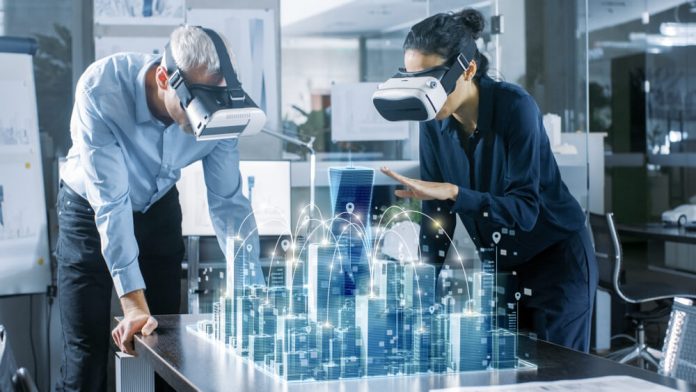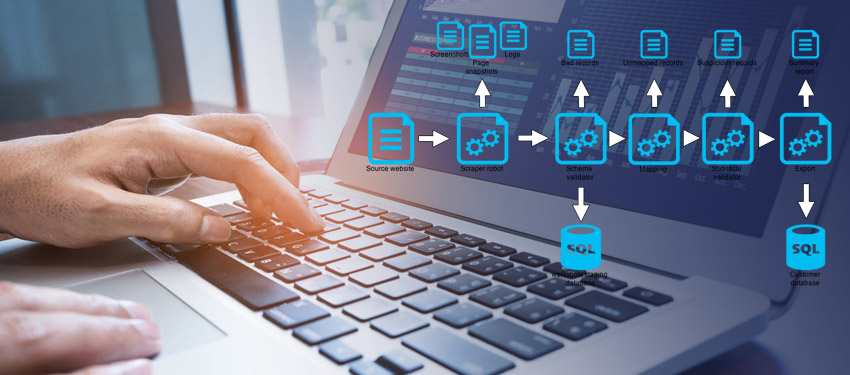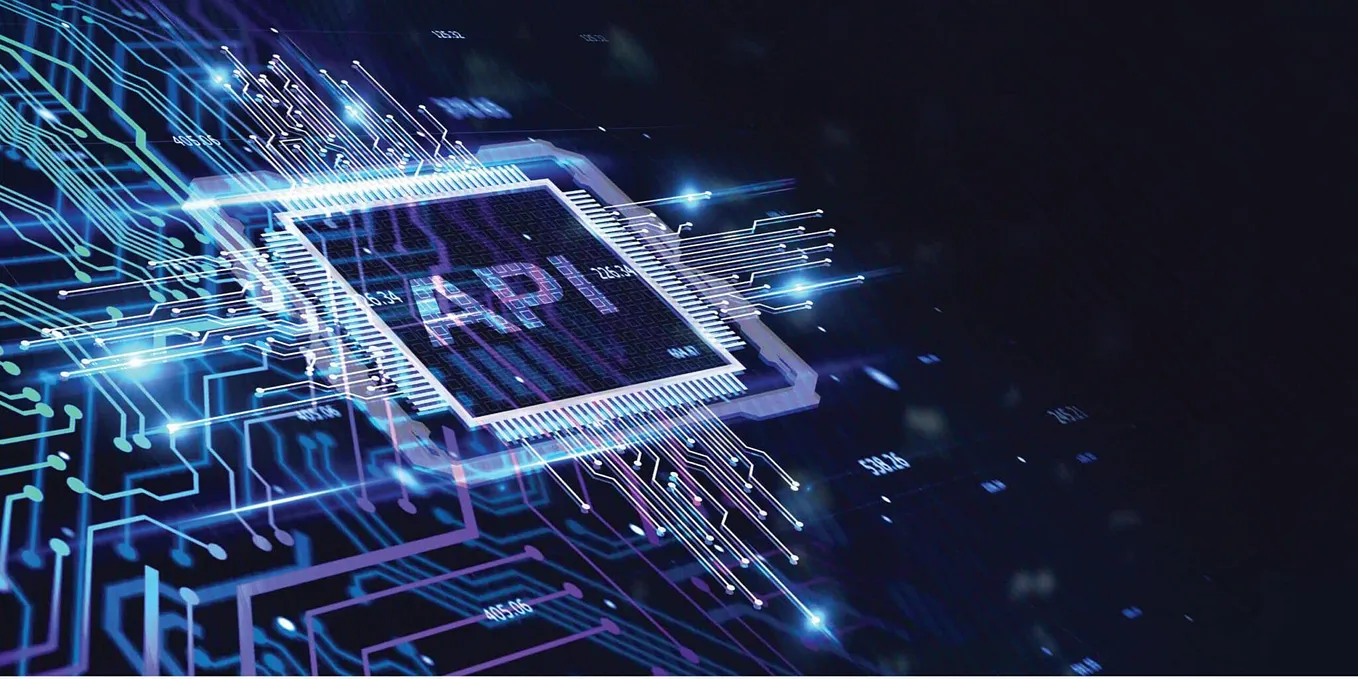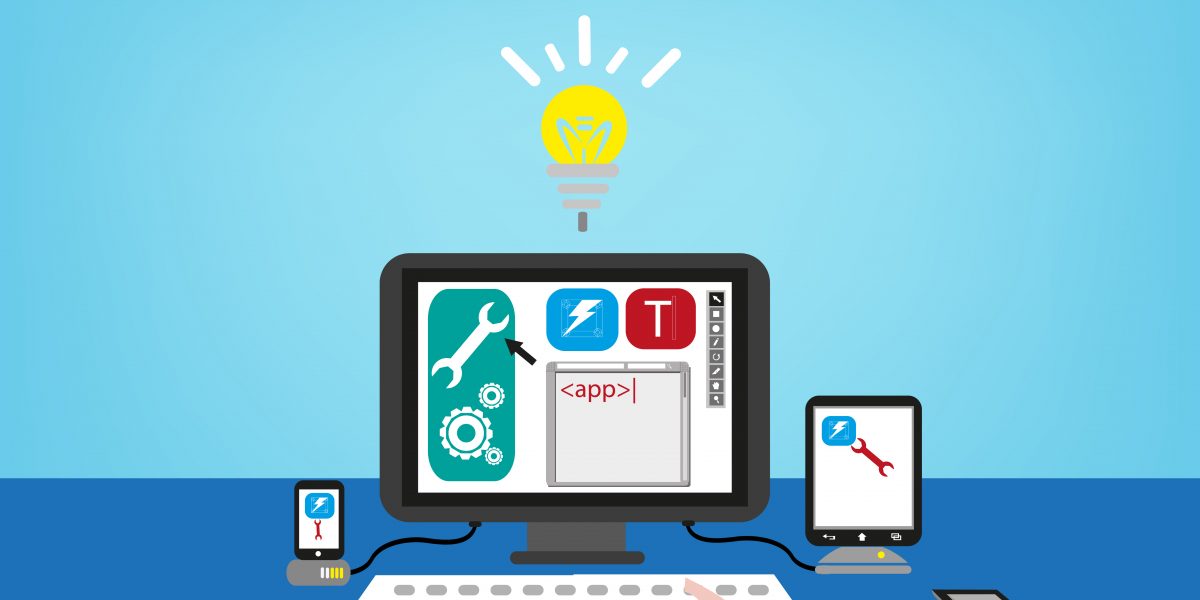Technology: Transforming the Way We Live, Work, and Connect
In the 21st century, technology has become an integral part of daily life. From smartphones to artificial intelligence, the world is undergoing rapid transformation powered by technological advancement. What once seemed like science fiction is now commonplace—digital assistants, smart homes, wearable health trackers, and self-driving cars are no longer just ideas, but real innovations shaping our lives.
The Evolution of Technology
Technology has always been a driving force behind human progress. From the invention of the wheel to the development of the internet, each technological breakthrough has altered the course of history. The Industrial Revolution introduced machinery that revolutionized manufacturing and transportation. The 20th century saw the rise of electricity, automobiles, and telecommunications. Today, we’re living in the digital age—defined by automation, big data, and interconnected systems.
Modern technology has evolved at lightning speed. Devices have become faster, smarter, smaller, and more accessible. The shift from desktop computers to laptops, then to tablets and smartphones, illustrates how technology is constantly evolving to match the pace of modern life.
Technology in Everyday Life
Technology touches almost every aspect of our daily existence. Communication, for example, has been completely transformed. Social media platforms, messaging apps, and video conferencing tools allow people to connect instantly, regardless of geographical distance. Families separated by continents can video chat in real-time, and businesses can operate globally with ease.
In the home, smart devices like voice-activated assistants, automated thermostats, and home security systems are making life more convenient and efficient. People can control lighting, appliances, and even doors from their smartphones.
Healthcare has also seen incredible technological improvements. Wearable devices track heart rate, sleep patterns, and physical activity. Telemedicine enables patients to consult with doctors remotely, reducing the need for in-person visits and increasing access to care in remote areas.
The Impact on Work and Education
Technology has revolutionized the workplace. Cloud computing, collaborative tools like Slack and Zoom, and project management platforms have redefined how teams operate. Remote work has become not only possible but preferable for many, offering flexibility and productivity without geographic constraints.
Artificial Intelligence (AI) and automation are transforming industries by streamlining tasks, analyzing data, and enhancing decision-making. In sectors like finance, manufacturing, and logistics, smart systems improve efficiency and reduce costs. However, this also raises concerns about job displacement and the need for reskilling workers.
In education, digital platforms have enabled online learning at an unprecedented scale. E-learning websites, virtual classrooms, and educational apps are reshaping how students engage with content. The COVID-19 pandemic accelerated the adoption of digital education, highlighting both its potential and the digital divide that still affects many communities.
Technology and Innovation
Innovation lies at the heart of technology. Emerging fields like robotics, quantum computing, biotechnology, and renewable energy are paving the way for groundbreaking solutions to global challenges.
- Artificial Intelligence is being used in everything from facial recognition to personalized content recommendations.
- Blockchain is changing how we think about digital security and finance.
- Renewable energy technologies like solar panels and wind turbines are helping combat climate change.
- Biotech advancements are driving medical research and agricultural sustainability.
Startups and tech giants alike are investing heavily in research and development, pushing the boundaries of what technology can do.
Challenges and Ethical Considerations
While technology brings numerous benefits, it also poses serious challenges. Data privacy, cybersecurity, and misinformation are pressing concerns. With more aspects of life going online, protecting personal information and ensuring the integrity of digital systems has become critical.
AI and automation raise ethical questions about bias, accountability, and job loss. For example, algorithms used in hiring or lending can unintentionally discriminate if not properly designed. There’s a growing call for ethical tech development—ensuring that innovation serves humanity as a whole.
The digital divide—where some populations lack access to the internet or modern devices—remains a significant barrier to equity. Bridging this gap is essential to ensure that the benefits of technology are shared globally.
The Future of Technology
Looking ahead, technology is expected to become even more integrated into daily life. Developments in fields like:
- 5G networks will enable faster, more reliable connectivity.
- Augmented and Virtual Reality (AR/VR) will enhance experiences in gaming, training, and education.
- Internet of Things (IoT) will create smarter cities and infrastructure.
- Space exploration technologies are opening new frontiers in human potential.
Personalized technology, driven by AI and machine learning, will continue to shape consumer experiences, from shopping to entertainment to healthcare.
Conclusion
Technology is more than just tools and devices—it’s a catalyst for change. It has improved communication, advanced medicine, revolutionized education, and transformed how we work and play. As we embrace the digital future, it’s essential to approach technology thoughtfully, ensuring it remains inclusive, ethical, and aligned with human values.
By harnessing the power of innovation while addressing its challenges, technology can continue to be a force for good—driving progress, enhancing quality of life, and solving the complex problems of tomorrow.












Post Comment